



 |
 |
Main Menu |  |
 |
|||
| Contacts | FAQ | Links | |||||
 |
||||
| Infraorder Astacidea // Family Astacidae // Genus Pontastacus | ||||
| Pontastacus leptodactylus (Eschscholtz, 1823) | ||||
 |
||||
| Synonyms: | Astacus angulosus nova sp. (Rathke, 1837) | Rathke, 1837 | ||
| Astacus leptodactylus sartorius n.subsp. | Birstein & Vinogradov, 1934 | |||
| Astacus leptodactylus cubanicus n.subsp. | Birstein & Vinogradov, 1934 | |||
| Astacus leptodactylus boreoorientaliensis n.subsp. | Birstein & Vinogradov, 1934 | |||
| Pontastacus boreoorientaliensis (Bitstain&Vinogradov, 1934) | Starobogatov, 1995 | |||
| Pontastacus salinus (Nordmann, 1842) | Starobogatov, 1995 | |||
| Pontastacus cubanicus (Birstein & Winogradow, 1934) | Starobogatov, 1995 | |||
| Pontastacus danubialis Brodsky, 1981 | Starobogatov, 1995 | |||
| Pontastacus eichwaldi bessarabicus Brodsky, 1981 | Starobogatov, 1995 | |||
| Pontastacus cubanicus daucinus (Brodsky 1981) | Starobogatov, 1995 | |||
| Caspiastacus daucinus (Brodsky, 1981) | Starobogatov, 1995 | |||
 |
||||
| Narrow-clawed crayfish is widespread in the waters of Europe. It is found around the entire Black Sea in fresh water bodies, in estuary of rivers and in the Sea of Azov (Kobyakova, Dolgopolskaya, 1969). Euryhaline, found in water salinity up to 14 ‰ (Ushivtsev, 2001). Has commercial value. | ||||
| It is a polymorphic species (Holdich, 2002), which at one time served to identify a group of narrow-clawed crayfish (Birshtein and Vinogradov, 1934). Taxonomic concepts of the subspecies of the narrow-clawed crayfish and the synonymy of the species are thoroughly confused by our time. Some works devoted to A. leptodactylus indicate its genetic heterogeneity (Mezhzherin et al., 2012 A). The authors give various arguments on how one can distinguish one genetic line from another by morphological differences, but at the same time they completely ignore the influence of abiotic factors on morphological characters during the development of crayfish, and also completely ignore the age and individual variability of individuals of this species. At the same time, the fact of finding different “species” of this group in the same water body and the possibility of their hybridization is noted (Mezhzherin et al., 2012 B). For these reasons, the modern European taxonomic concept of narrow-clawed crayfish was taken as a basis (Souty-Grosset et al, 2006; Fetzner, 2005) without splitting into many different subspecies, species, or even genera (Brodsky, 1981; Starobogatov, 1995). | ||||
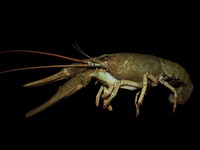 |
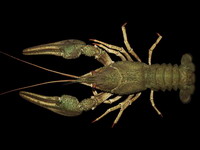 |
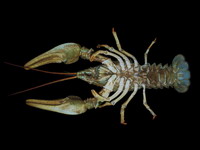 |
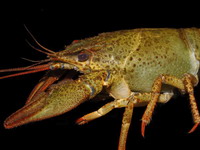 |
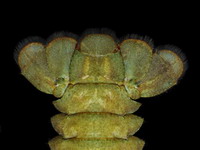 |
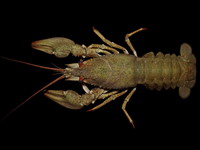 |
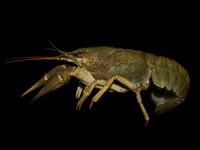 |
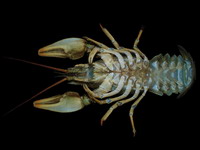 |
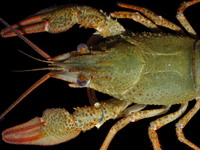 |
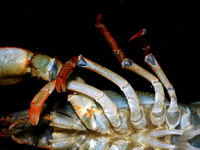 |
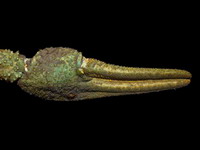 |
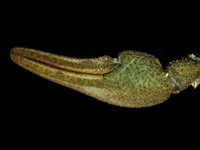 |
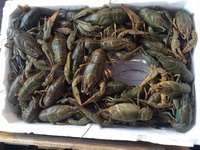 |
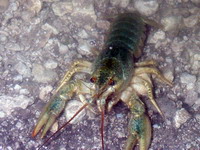 |
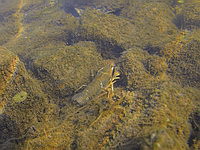 |
 |
||||
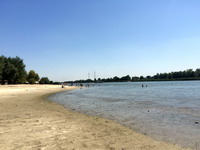 |
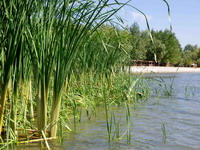 |
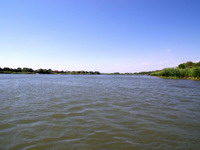 |
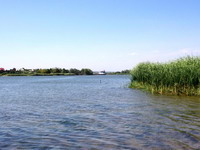 |
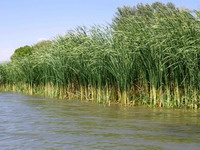 |
| Azov-Black Sea Basin | Black Sea | Azov Sea | Catchment basin | |
 |
||||
| Full or partial publication of any materials of this site on the Internet is possible only upon receipt of written permission from the site administration with the obligatory indication of direct indexed references to the original material. Full or partial publication of any materials of this site in any other media is possible only by special agreement with the administration of the site www.decapoda.aquarius-s.ru |
||||
 |
|
